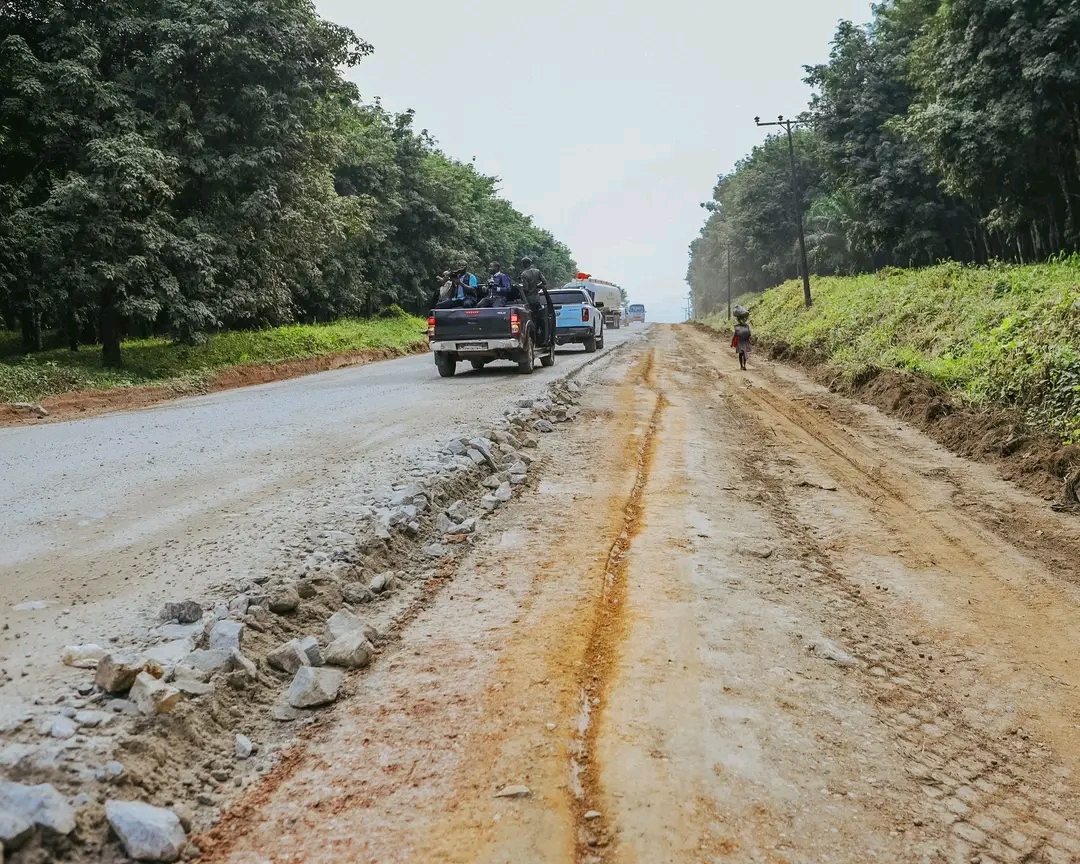Articles
Inside Nigeria’s Most Dangerous Highways: The Roads That Claim the Most Lives

Every day, millions of Nigerians travel across the country’s sprawling network of federal and state roads. But hidden within these routes are deadly highways notorious for their high accident rates. From Benin-Ore expressway to Abuja-Kaduna road, these highways have become synonymous with fear, loss, and chaos.
Also Read: The Most Dangerous States in Nigeria to Travel to Right Now
Nigeria’s Most Deadly Highways
- Abuja–Kaduna Expressway
Feared not only for crashes but also for bandit attacks. Reckless driving and poor visibility worsen the risks. - Benin–Ore–Sagamu Expressway
This busy corridor connecting the South-South, South-East, and South-West records one of the highest crash rates due to bad portions, heavy truck movement, and speeding. - Lagos–Ibadan Expressway
Despite ongoing rehabilitation, its notorious traffic jams, impatient drivers, and bad driving culture make it one of Nigeria’s most dangerous roads. - Abuja–Lokoja Road
A lifeline to the South, yet plagued with deadly accidents caused by speeding, overloaded trailers, and failing road infrastructure. - East–West Road (Niger Delta)
Tagged “Nigeria’s billion-naira death trap,” its dilapidated state has been the cause of countless tanker and passenger vehicle crashes.
Why These Roads Are So Deadly
- Poor road design and maintenance
- Excessive speeding by commercial drivers
- Overloaded trucks and tankers that topple easily
- Night travel risks: poor lighting, fatigue, and lack of rescue response
- Lack of enforcement: weak regulation allows unroadworthy vehicles and unlicensed drivers
Expert Insights
According to FRSC’s latest statistics (2024), these five highways account for over 40% of recorded crashes nationwide. Transportation analyst Dr. Ifeanyi Nwosu explains:
“Nigeria’s highways are national assets, but without investment in safety infrastructure and stricter enforcement, they will remain killing fields. The carnage is preventable if the government prioritizes modern safety standards.”
Behind each accident are families devastated, livelihoods shattered, and survivors battling trauma. Traders transporting goods lose investments, while young breadwinners are cut off in their prime. The ripple effect of every crash extends beyond the highway into the heart of Nigerian society.
What Can Be Done?
- Speed enforcement cameras on high-risk corridors
- Strict trailer/tanker regulations — designated night parking bays to reduce highway crashes
- Road repairs and redesigns to eliminate blind spots and potholes
- Emergency rescue units stationed every 50 km on high-traffic routes
- Public education: campaigns on speeding, overloading, and night driving dangers
Conclusion
These highways should be arteries of development, not death traps. Until Nigeria takes highway safety as seriously as aviation safety, the roads will continue to be lined with avoidable tragedies.














